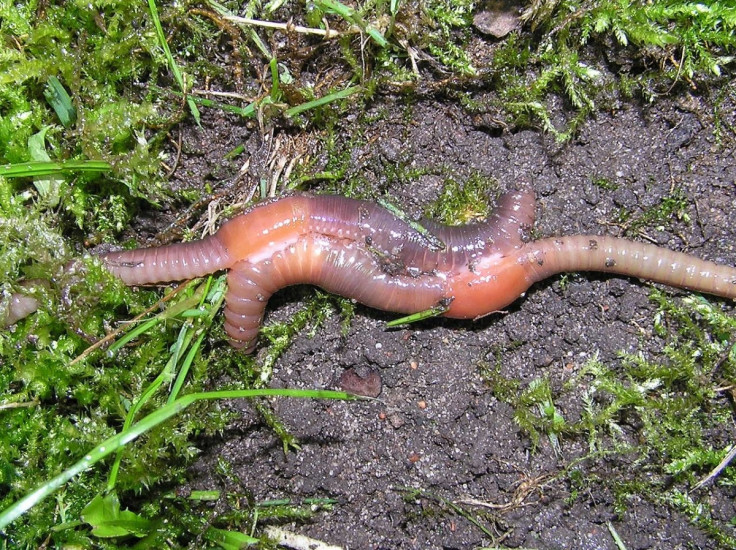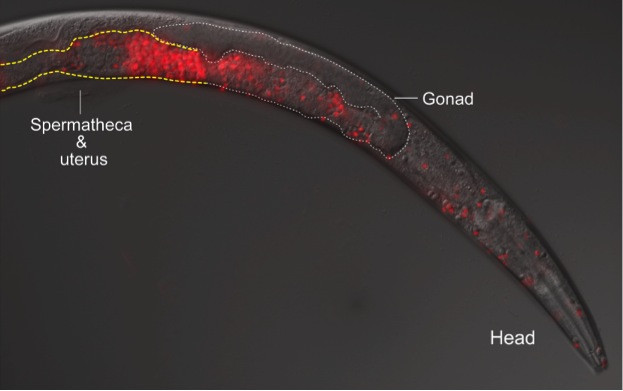Killer Worm Sperm 'Breaks Through Female's Uterus and Destroys Ovaries'

Worms have 'killer sperm' that can break through a female's uterus and destroy the ovaries, then travel further through the body resulting in death, scientists have discovered.
Researchers from the University of Maryland and the University of Toronto looked at what happens when Caenorhabditis worms of different species mate.
Typically, a biological species cannot breed outside of its group - donkeys can breed with horses but their offspring will almost always be sterile, because of genomic incompatibility between the two parents.
In most cases, interspecies breeding is just unsuccessful in producing any offspring.
Observing the worms, however, researchers found that females who mated with a male of a different species either became sterile or died.

By using a fluorescent stain to visualise the sperm, researchers found it broke through the worm's uterus and invaded the ovaries. It then prematurely fertilised the eggs and destroyed the ovaries, after which it travelled further into the worm's body resulting in tissue damage and death.
Published in the journal PLOS Biology, scientists believe the killer sperm evolved so it had the ability to physically compete. If a female mates with multiple partners, the sperm competes with one another for access to eggs.
The female worm bodies must be able to cope with this competition in order to survive, so researchers believe the aggressiveness of the sperm - and the ability of the uterus to tolerate it - developed in individual species, but not across different species.
Eric Haag, associate professor of biology at the University of Maryland, said evolutionary biologists would be interested in the research because it is not clear how many species remain distinct: "Punishing cross-species mating by sterility or death would be a powerful evolutionary way to maintain a species barrier."
© Copyright IBTimes 2025. All rights reserved.






















